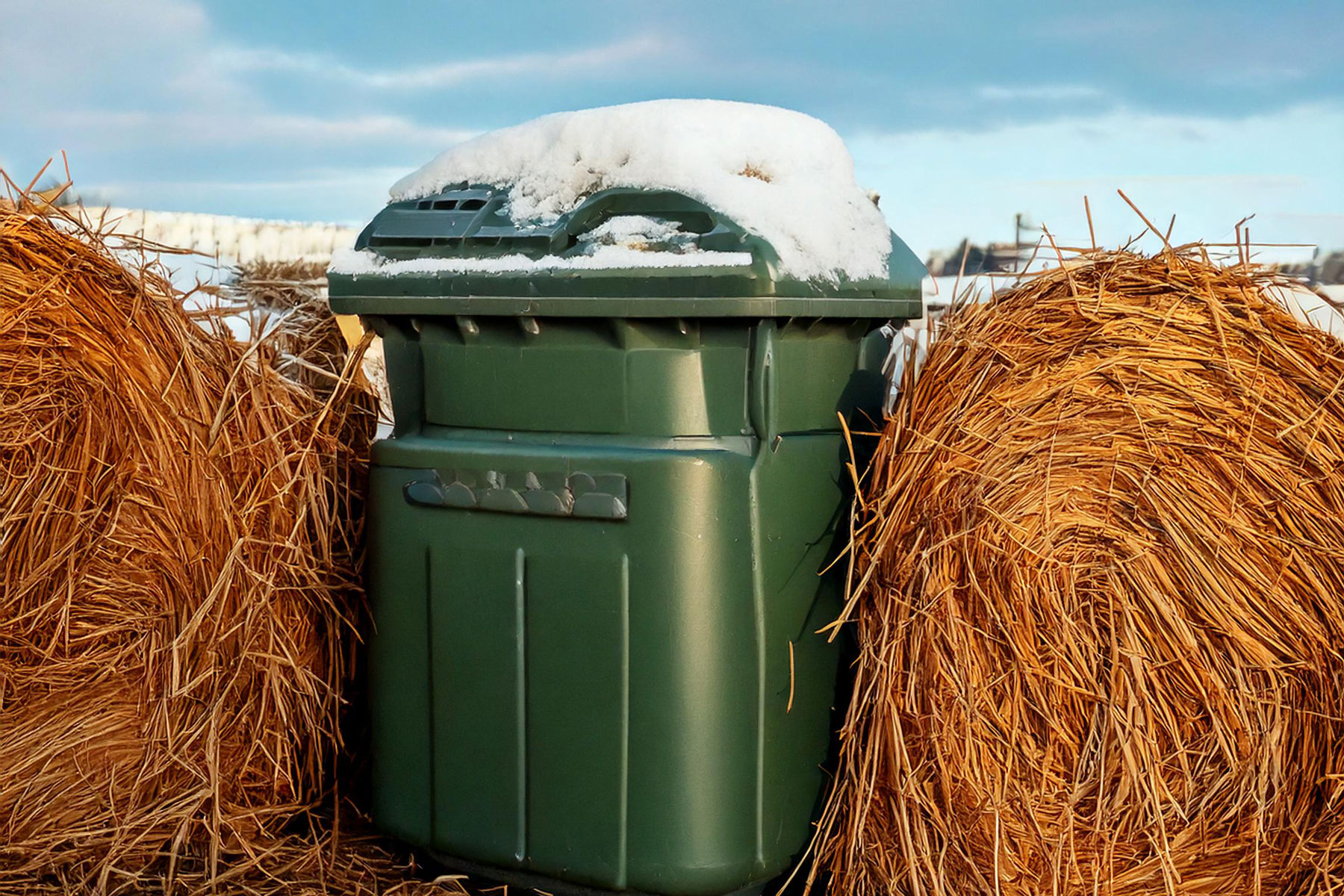Build Your Own DIY Cold Frame: Extend Your Growing Season!
Are you ready to take your gardening game to the next level? Well, buckle up because we’re about to dive into the wonderful world of DIY cold frames! Did you know that with a simple cold frame, you can extend your growing season by up to 8 weeks on either end? That’s right – more time for your plants to thrive and more homegrown goodies for you to enjoy!

As a seasoned gardener, I can’t tell you how many times I’ve wished for just a few more weeks of growing time. That’s where DIY cold frames come in handy. These nifty structures are like mini greenhouses that protect your plants from frost, wind, and chilly temperatures. And the best part? You can build one yourself without breaking the bank!
So, grab your tools and let’s get started on this exciting project that’ll have you harvesting fresh veggies long after your neighbors have packed up their gardens for the winter!
What Exactly Are Cold Frames?
Before we dive into the nitty-gritty of building your own DIY cold frame, let’s chat about what these magical garden additions actually are. Think of a cold frame as a cozy, protective blanket for your plants. It’s essentially a bottomless box with a transparent lid that allows sunlight to penetrate while trapping heat inside.
Cold frames create a microclimate that’s several degrees warmer than the outside air, giving your plants a fighting chance against Jack Frost. They’re perfect for:
- Starting seedlings early in the spring
- Extending your harvest into late fall and early winter
- Overwintering tender perennials
- Hardening off seedlings before transplanting
The beauty of DIY cold frames is their versatility. You can make them as big or small as you like, and they can be permanent fixtures in your garden or portable units that you can move around as needed. Talk about flexibility!

Gather Your Materials: The DIY Cold Frame Shopping List
Ready to roll up your sleeves and get building? Here’s what you’ll need to create your very own DIY cold frame:
For the Frame:
- 4 pieces of 2×6 lumber (length depends on your desired size)
- 4 pieces of 2×2 lumber for corner supports
- Wood screws
- Weatherproof wood glue
- Hammer and nails (optional)
For the Lid:
- 2 pieces of 1×2 lumber for the lid frame
- Polycarbonate sheeting or old windows
- Hinges
- Handle
Tools:
- Saw (hand saw or power saw)
- Drill
- Screwdriver
- Measuring tape
- Pencil
- Safety gear (goggles, gloves, etc.)
Pro tip: If you’re feeling extra thrifty, keep an eye out for old windows at yard sales or salvage yards. They make fantastic lids for DIY cold frames and add a touch of rustic charm to your garden!

Building Your DIY Cold Frame: Step-by-Step Guide
Alright, it’s time to put those materials to good use and create your very own DIY cold frame! Follow these steps, and you’ll be on your way to extending your growing season in no time.
1. Plan Your Design
First things first – decide on the size and location of your cold frame. A good rule of thumb is to make it at least 3 feet wide and 6 feet long. This gives you plenty of room for plants without making it too unwieldy. Remember, you’ll need to access the inside, so don’t make it too deep!
2. Construct the Base
Cut your 2×6 lumber to size and assemble the base of your cold frame. Make sure it’s square by measuring diagonally from corner to corner – both measurements should be equal. Use wood glue and screws to secure the joints.
3. Add Corner Supports
Cut your 2×2 lumber to create corner supports. These will add stability to your frame and give you something to attach the lid to. Secure them to the inside corners of your base using screws.
4. Create the Sloped Top
To ensure proper drainage and maximum sun exposure, your cold frame should have a sloped top. Cut the back pieces of your frame about 4-6 inches taller than the front. This will create a nice angle for your lid.
5. Build the Lid
Using your 1×2 lumber, create a frame that fits snugly on top of your cold frame base. Attach your polycarbonate sheeting or old window to this frame. If using sheeting, make sure to seal the edges to prevent drafts.
6. Attach the Lid
Secure the lid to the back of your cold frame using hinges. Add a handle to the front for easy opening and closing.
7. Add Some Finishing Touches
Consider adding weatherstripping around the edges where the lid meets the frame for extra insulation. You can also paint or stain your DIY cold frame to protect the wood and match your garden aesthetic.
And voila! You’ve just created your very own DIY cold frame. Give yourself a pat on the back – you’re well on your way to becoming a year-round gardening guru!

Tips for Using Your DIY Cold Frame Like a Pro
Now that you’ve got your shiny new DIY cold frame, let’s talk about how to make the most of it. Here are some tips to help you become a cold frame connoisseur:
- Location, location, location: Place your cold frame in a spot that gets plenty of sunlight, especially in the winter months. A south-facing location is ideal.
- Ventilation is key: On sunny days, temperatures inside your cold frame can soar. Prop open the lid to prevent overheating and promote air circulation.
- Insulate for extra warmth: Line the inside of your cold frame with bubble wrap or straw for additional insulation during frigid nights.
- Water wisely: Plants in cold frames need less water than those in open gardens. Water sparingly and always in the morning to allow excess moisture to evaporate before nightfall.
- Monitor temperatures: Use a thermometer to keep tabs on the temperature inside your cold frame. Aim for a daytime temperature between 60-70°F (15-21°C) and nighttime temps above 40°F (4°C).
- Clean and maintain: Regularly clean the inside of your cold frame and check for any damage or wear and tear. A well-maintained cold frame will serve you for years to come.

Your Extended Growing Season
With these tips in your gardening toolkit, you’ll be amazed at what you can grow in your DIY cold frame. From crisp lettuce in the dead of winter to getting a head start on your tomatoes in early spring, the possibilities are endless!
Ready to dig deeper into the world of gardening? Spud-tacular news! Our Gardening page is blooming with expert tips, tricks, and green-thumb wisdom. From potato planting to pumpkin pruning, we’ve got the dirt on all things garden-related.
So, what are you waiting for? Get out there and start building your DIY cold frame today. Your taste buds (and your wallet) will thank you when you’re enjoying fresh, homegrown produce all year round. Happy gardening, friends!






